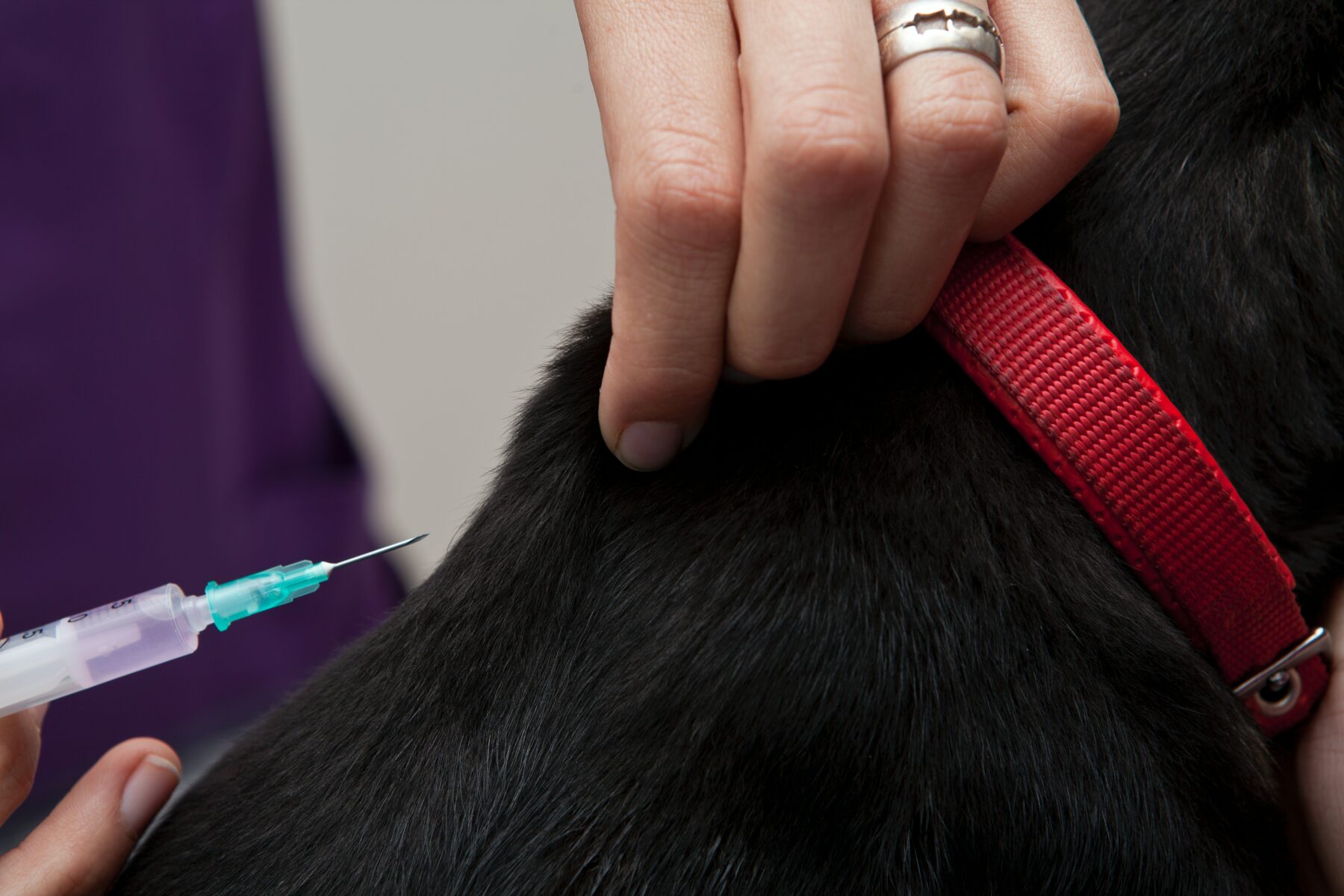
Hälsa
Should dogs be vaccinated against Hepatitis?
Recent debates about the safety of vaccines have many animal parents questioning whether their dogs should be vaccinated. The simple answer is absolutely!
Animals should receive core vaccines, which are absolutely necessary for all pets, and may require additional vaccines based on their lifestyle.
Little if any medicine is without risk, but the benefits of immunizing pets certainly overtake the few risks since many prevalent vaccinations in pets protect against life-threatening diseases like rabies.
Immunizations not only save animals but also help to prevent human illness.
For dogs, hepatitis is still frequently fatal.
They are exposed to the virus through contact with sick animals, which then infects the dog's liver.
Although the long-term chronic progression of the disease is often common, it can sometimes result in very abrupt, severe disease progression. The liver's capacity then gradually deteriorates.
Additionally, humans are not immune to this viral illness. The dog will show signs of pain in the upper abdomen, reddish mucus membranes, hazy eyes,and spontaneous bleeding (due to insufficient clotting and a faster heart rate).
Hälsa
Should dogs be vaccinated against Hepatitis?
Recent debates about the safety of vaccines have many animal parents questioning whether their dogs should be vaccinated. The simple answer is absolutely! Animals should receive core vaccines, which are absolutely necessary for all pets, and may require additional vaccines based on their lifestyle.
Little if any medicine is without risk, but the benefits of immunizing pets certainly overtake the few risks since many prevalent vaccinations in pets protect against life-threatening diseases like rabies. Immunizations not only save animals but also help to prevent human illness.
For dogs, hepatitis is still frequently fatal. They are exposed to the virus through contact with sick animals, which then infects the dog's liver.
Although the long-term chronic progression of the disease is often common, it can sometimes result in very abrupt, severe disease progression. The liver's capacity then gradually deteriorates.
Additionally, humans are not immune to this viral illness. The dog will show signs of pain in the upper abdomen, reddish mucus membranes, hazy eyes, and spontaneous bleeding (due to insufficient clotting and a faster heart rate).
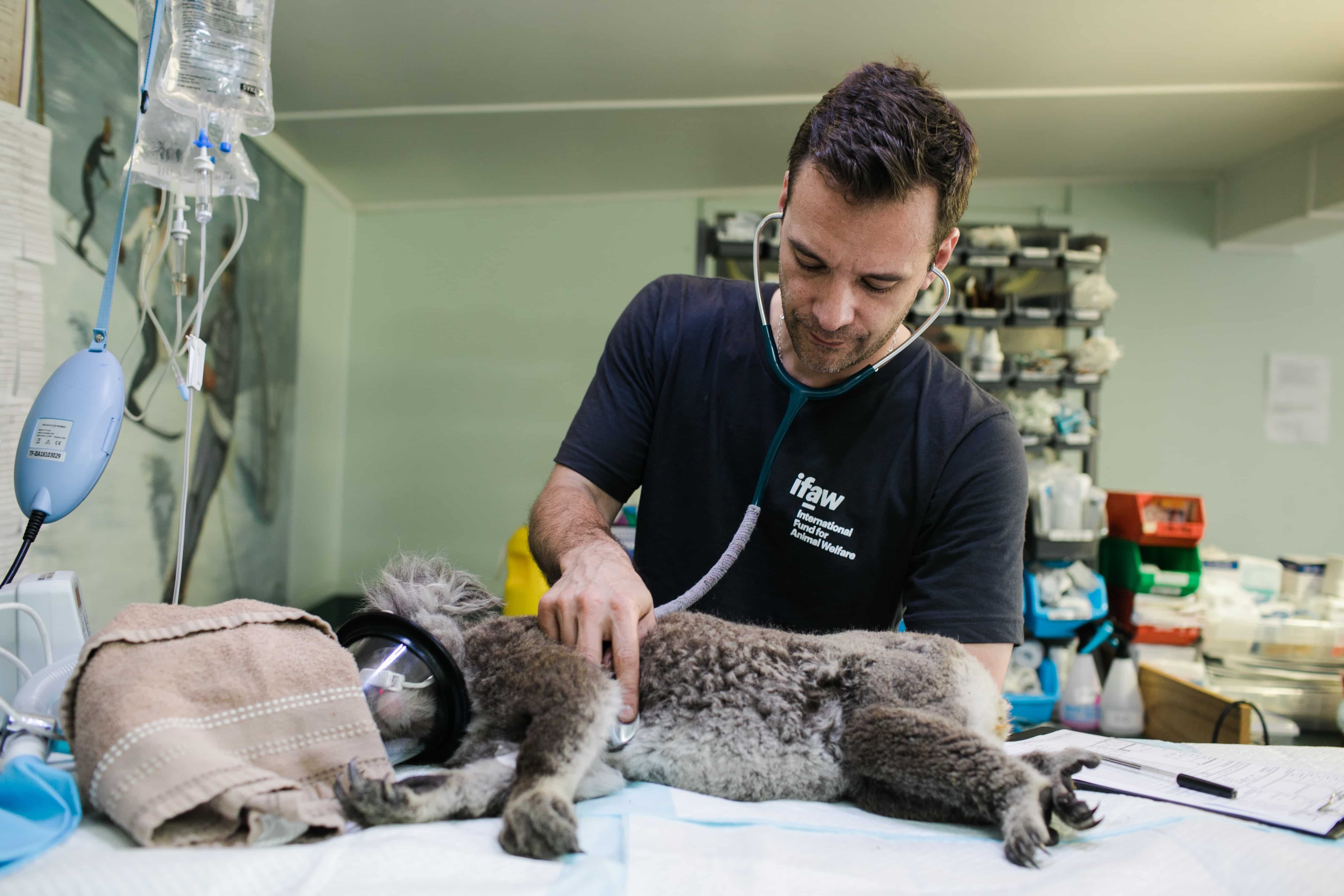
Swedish Kennel Club (Svenska Kennelklubben)- recommends Hepatitis vaccination
The triple vaccine ( Canine Distemper ,Parvovirus and Infectious Canine Hepatitis) must be administered at 8 weeks, 12 weeks, and 12 months of age.
Svenska Kennelklubben (SKK) recommends routine vaccinations every four years after that. It is critical that you clean up after your dog to avoid the spread of parvovirus.
For the most up-to-date vaccination information, contact the Swedish Board of Agriculture (www.sjv.se) or the country's embassy before traveling abroad.
Swedish Kennel Club (Svenska Kennelklubben)- recommends Hepatitis vaccination
The triple vaccine ( Canine Distemper ,Parvovirus and Infectious Canine Hepatitis) must be administered at 8 weeks, 12 weeks, and 12 months of age. Svenska Kennelklubben (SKK) recommends routine vaccinations every four years after that. It is critical that you clean up after your dog to avoid the spread of parvovirus.
For the most up-to-date vaccination information, contact the Swedish Board of Agriculture (www.sjv.se) or the country's embassy before traveling abroad.
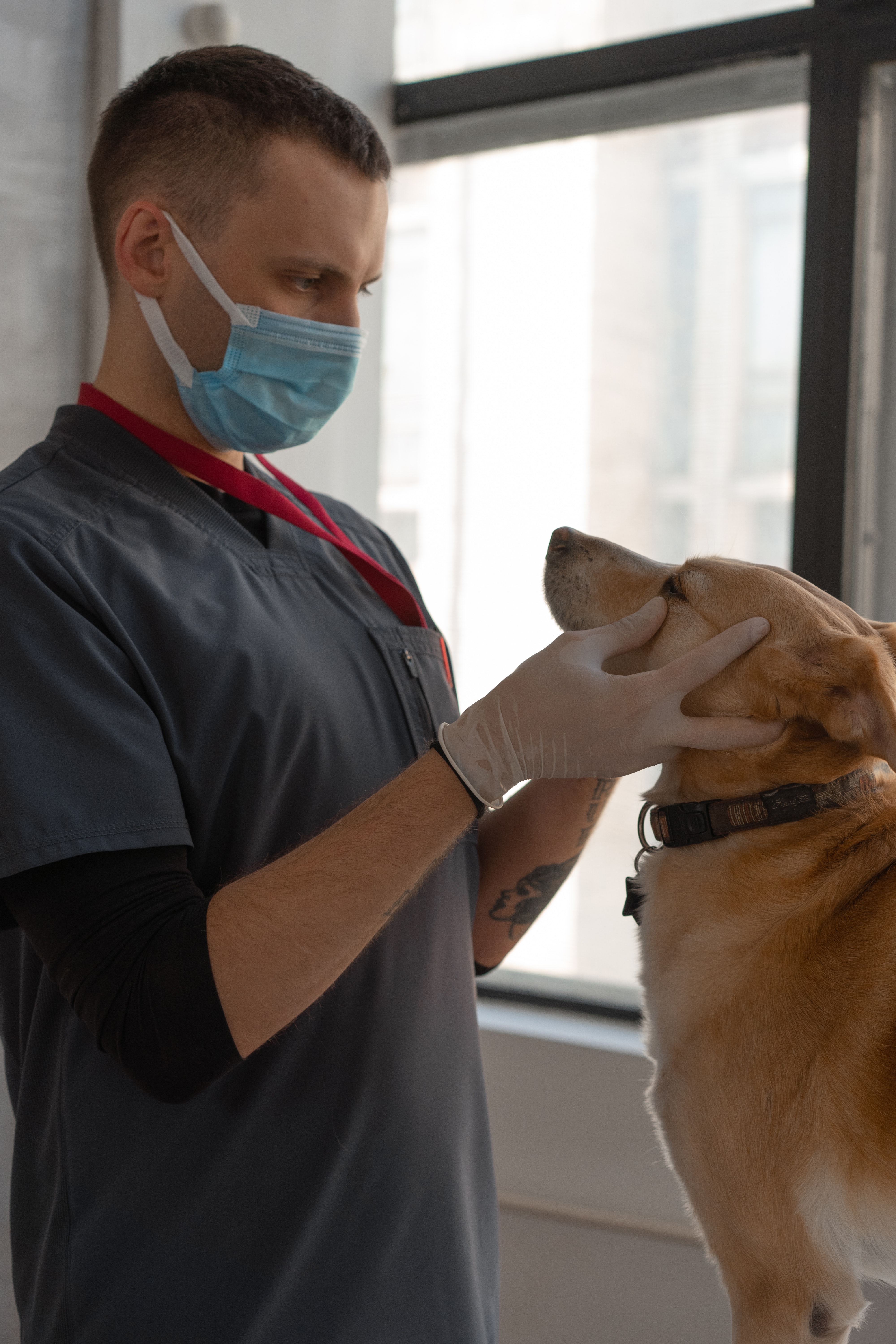
It is extremely crucial for dogs who reside in urban areas and interact with many other dogs to have adequate vaccination protection.
All puppies should receive a triple vaccine against parvovirus, canine distemper, and infectious canine hepatitis (HCC).
At the same time, puppies can be immunized against kennel cough.
As several dogs come in contact, the risk of kennel cough increases.
Always remain vigilant about your dog's health and take note of any changes. If he/she begins to cough, keep him/her isolated from other dogs to avoid infection spread. For more information, speak with your veterinarian.
It is extremely crucial for dogs who reside in urban areas and interact with many other dogs to have adequate vaccination protection. All puppies should receive a triple vaccine against parvovirus, canine distemper, and infectious canine hepatitis (HCC). At the same time, puppies can be immunized against kennel cough.
As several dogs come in contact, the risk of kennel cough increases. Always remain vigilant about your dog's health and take note of any changes. If he/she begins to cough, keep him/her isolated from other dogs to avoid infection spread. For more information, speak with your veterinarian.
Side effects of the Hepatitis vaccine
Side effects of the Hepatitis vaccine
In order to function, vaccines only slightly stimulate the immune system. The majority of dogs exhibit no adverse reactions from vaccination, although probable adverse reactions of the Parvovirus vaccine in dogs could vary from pain to moderate fever. Allergic reactions, which can include facial swelling, vomiting, diarrhea, lack of appetite, and fever, can occasionally happen.
The majority of side effects from puppy injections are temporary and moderate, but in just a few rare instances, more serious responses requiring rapid medical intervention can happen.
After receiving the vaccine, symptoms of a severe reaction typically show up very quickly, but they can appear even after 48 hours. Dog vaccination adverse reactions that are more serious include breathing difficulty, facial swelling, vomiting, rashes, itching, and diarrhea.
The most serious allergic response that can occur after a vaccine in a pet is anaphylaxis. It's vital to keep in mind that anaphylaxis might occur 48 hours after immunization. Anaphylaxis often happens in dogs fairly quickly after the administration of the vaccine.
Vaccinations are a crucial component of maintaining the general health of your dog. A major adverse response to a vaccine in your pet is extremely unlikely.
When numerous vaccinations are administered at once to smaller dogs, the chance of an adverse reaction to the shots increases. Your veterinarian might advise spreading out your puppy's vaccinations over a few days instead of all at once if it is a little or miniature breed dog.

In order to function, vaccines only slightly stimulate the immune system. The majority of dogs exhibit no adverse reactions from vaccination, although probable adverse reactions of the Parvovirus vaccine in dogs could vary from pain to moderate fever. Allergic reactions, which can include facial swelling, vomiting, diarrhea, lack of appetite, and fever, can occasionally happen.
The majority of side effects from puppy injections are temporary and moderate, but in just a few rare instances, more serious responses requiring rapid medical intervention can happen.
After receiving the vaccine, symptoms of a severe reaction typically show up very quickly, but they can appear even after 48 hours. Dog vaccination adverse reactions that are more serious include breathing difficulty, facial swelling, vomiting, rashes, itching, and diarrhea.
The most serious allergic response that can occur after a vaccine in a pet is anaphylaxis. It's vital to keep in mind that anaphylaxis might occur 48 hours after immunization. Anaphylaxis often happens in dogs fairly quickly after the administration of the vaccine.
Vaccinations are a crucial component of maintaining the general health of your dog. A major adverse response to a vaccine in your pet is extremely unlikely.
When numerous vaccinations are administered at once to smaller dogs, the chance of an adverse reaction to the shots increases. Your veterinarian might advise spreading out your puppy's vaccinations over a few days instead of all at once if it is a little or miniature breed dog.
What is Hepatitis?
Canine infectious hepatitis and canine chronic hepatitis are the two kinds of hepatitis that are frequently observed in dogs.
Chronic infection is one that has been causing harm for a while (at least a few weeks), whereas acute hepatitis can show symptoms within a short period of time, such as a few days.
Canine adenovirus 1 causes the acute contagious illness of infectious canine hepatitis, which affects dogs.
The infected pet's liver, lungs, kidneys, spleen, blood vessel lining, and occasionally other organs are the targets of the virus. Infectious canine hepatitis symptoms can range greatly, from mild fever to death.
A disorder known as infectious canine hepatitis is known as canine chronic hepatitis.
Skye Terriers, Springer Spaniels, Beagles, West Highland White Terriers, Cocker Spaniels, Maltese, Labrador Retrievers, Doberman Pinschers, Bedlington Terriers, Standard Poodles, and Chihuahuas are among the dog breeds that are susceptible to the condition.

What is Hepatitis?
Canine infectious hepatitis and canine chronic hepatitis are the two kinds of hepatitis that are frequently observed in dogs. Chronic infection is one that has been causing harm for a while (at least a few weeks), whereas acute hepatitis can show symptoms within a short period of time, such as a few days.
Canine adenovirus 1 causes the acute contagious illness of infectious canine hepatitis, which affects dogs. The infected pet's liver, lungs, kidneys, spleen, blood vessel lining, and occasionally other organs are the targets of the virus. Infectious canine hepatitis symptoms can range greatly, from mild fever to death.
A disorder known as infectious canine hepatitis is known as canine chronic hepatitis. Skye Terriers, Springer Spaniels, Beagles, West Highland White Terriers, Cocker Spaniels, Maltese, Labrador Retrievers, Doberman Pinschers, Bedlington Terriers, Standard Poodles, and Chihuahuas are among the dog breeds that are susceptible to the condition.
How is it spread?
Dogs become infected by ingesting bodily fluids from other dogs (urine, feces, nasal discharge, or saliva).
After they recover the pathogen will still be present in their urine for at least 6 months.
It is also possible for dogs who develop chronic hepatitis that they accumulated copper in their liver cells.
How is it spread?
Dogs become infected by ingesting bodily fluids from other dogs (urine, feces, nasal discharge, or saliva).
After they recover the pathogen will still be present in their urine for at least 6 months. It is also possible for dogs who develop chronic hepatitis that they accumulated copper in their liver cells.
Symptoms
Eye and nasal discharge that is watery
Congestion
Mild fever
Blood clotting difficulty
Blindness
Decreased appetite
Thirst
Increased tonsils
Ears, gums, and skin that seem yellow and jaundiced
Eye irritation
Profound depression
Abdominal pain (occasional)
Vomiting (occasional)
Reddened or bruised mouth and nose
Unexpected bleeding
Extreme cases:
Skin with red spots
Reddened or bruised lips and nose
Swelling (neck, head, lymph nodes)
Seizures
Death
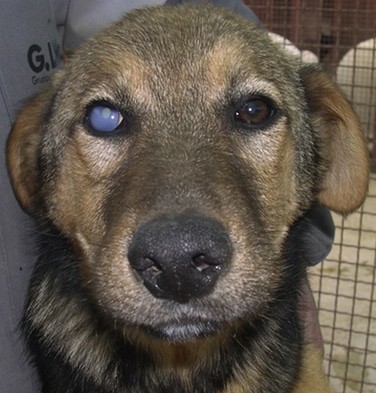
Symptoms
Eye and nasal discharge that is watery
Congestion
Mild fever
Blood clotting difficulty
Blindness
Decreased appetite
Thirst
Increased tonsils
Ears, gums, and skin that seem yellow and jaundiced
Eye irritation
Profound depression
Abdominal pain (occasional)
Vomiting (occasional)
Reddened or bruised mouth and nose
Unexpected bleeding
Extreme cases:
Skin with red spots
Reddened or bruised lips and nose
Swelling (neck, head, lymph nodes)
Seizures
Death

How is it diagnosed?
Infectious canine hepatitis is typically the cause of the condition's quick onset and bleeding, although laboratory testing (such as blood tests, immuno-fluorescence scans, and antibody tests) are required to make the diagnosis.
If your dog is very sick, blood transfusions can be necessary.
Routine blood tests may occasionally detect chronic hepatitis, allowing for a diagnosis before symptoms appear.
When your dog shows signs of liver disease, it's frequently already extremely late in the process and the disease has advanced.
A liver biopsy, which identifies the type and extent of liver illness your dog has, can provide a conclusive diagnosis.
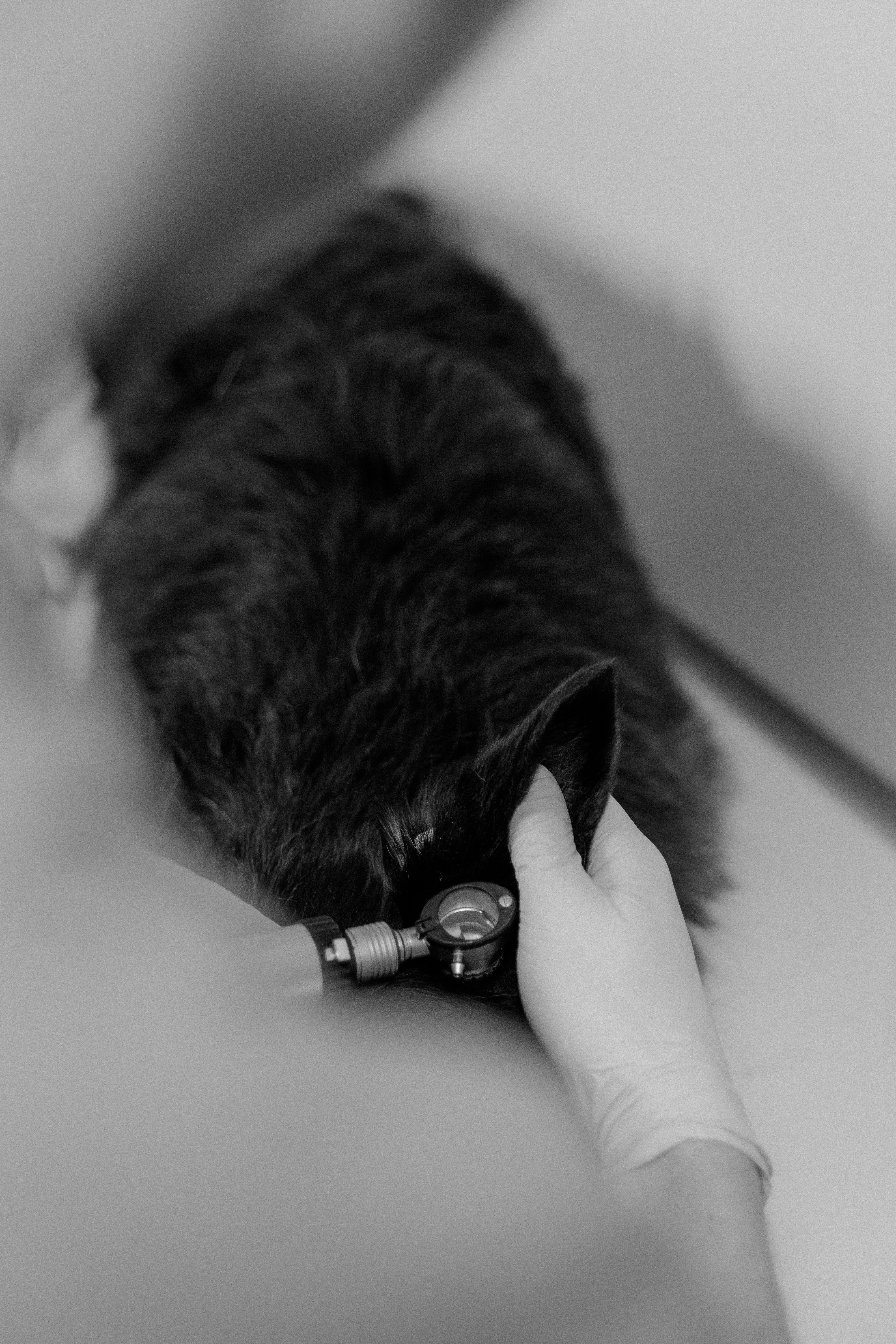
How is it treated?
Depending on the findings of the biopsy, your veterinarian might advise using a broad-spectrum antibiotic, an anti-inflammatory drug, or an immunosuppressive drug to treat the illness.
The corneal clouding in the eye might occasionally be accompanied by an agonizing spasm. To relieve your pup's discomfort, ask your veterinarian about an eye ointment. Protecting your dog's eye from intense light is crucial if they have corneal clouding.
Hospitalization and intravenous fluid therapy are both possible treatment options. For monitoring purposes, your dog will need regular blood work.
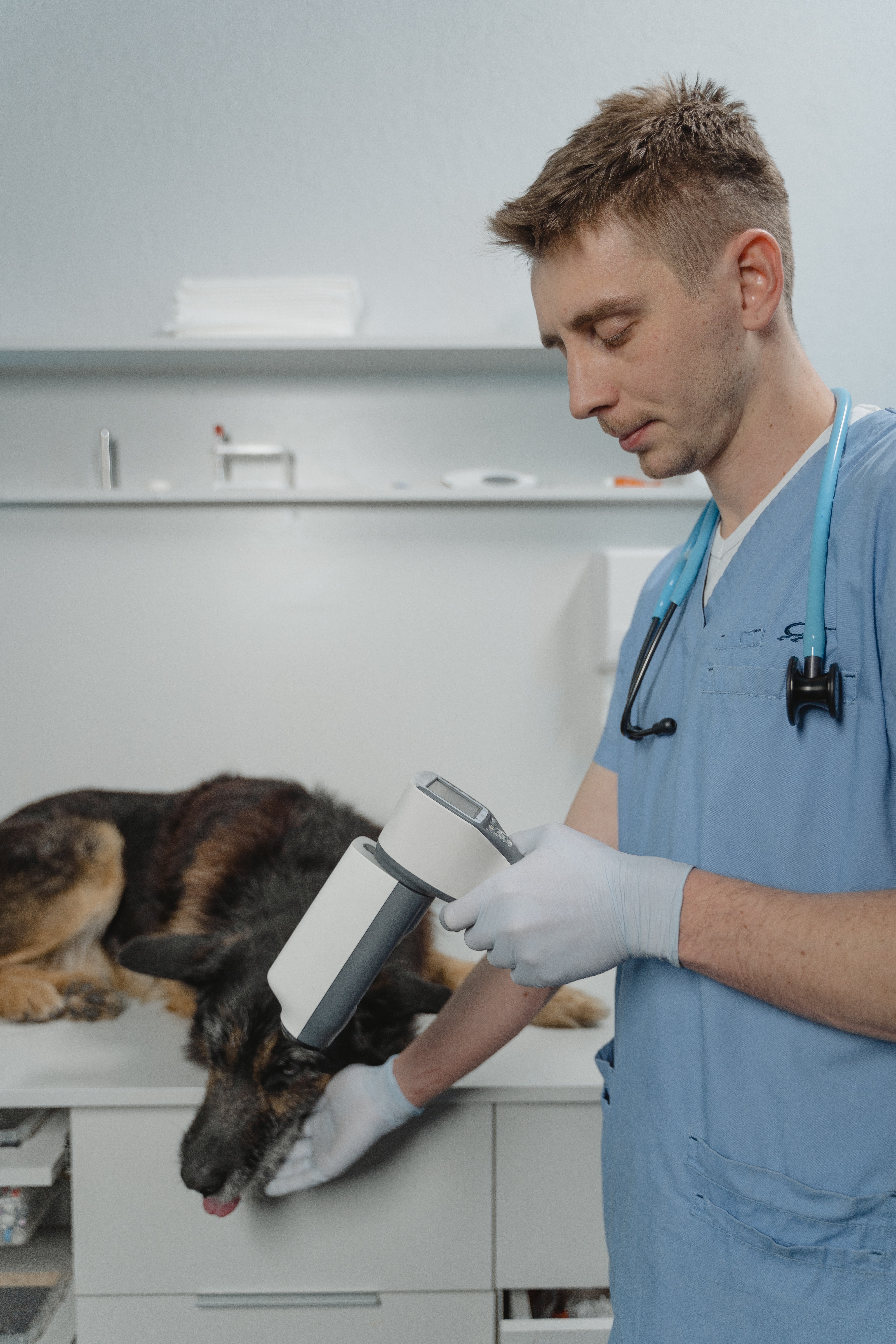
How is it diagnosed?
Infectious canine hepatitis is typically the cause of the condition's quick onset and bleeding, although laboratory testing (such as blood tests, immuno-fluorescence scans, and antibody tests) are required to make the diagnosis. If your dog is very sick, blood transfusions can be necessary.
Routine blood tests may occasionally detect chronic hepatitis, allowing for a diagnosis before symptoms appear. When your dog shows signs of liver disease, it's frequently already extremely late in the process and the disease has advanced. A liver biopsy, which identifies the type and extent of liver illness your dog has, can provide a conclusive diagnosis.
How is it treated?
Depending on the findings of the biopsy, your veterinarian might advise using a broad-spectrum antibiotic, an anti-inflammatory drug, or an immunosuppressive drug to treat the illness.
The corneal clouding in the eye might occasionally be accompanied by an agonizing spasm. To relieve your pup's discomfort, ask your veterinarian about an eye ointment. Protecting your dog's eye from intense light is crucial if they have corneal clouding.
Hospitalization and intravenous fluid therapy are both possible treatment options. For monitoring purposes, your dog will need regular blood work.
Long-term conditions after survival
Immune-complex reactions can cause renal damage over the long run and corneal clouding after the disease has been treated.
While chronic hepatitis cannot be healed but can be managed so that your dog lives a long, healthy life with few clinical indications, unlike acute hepatitis, which can sometimes be treated.
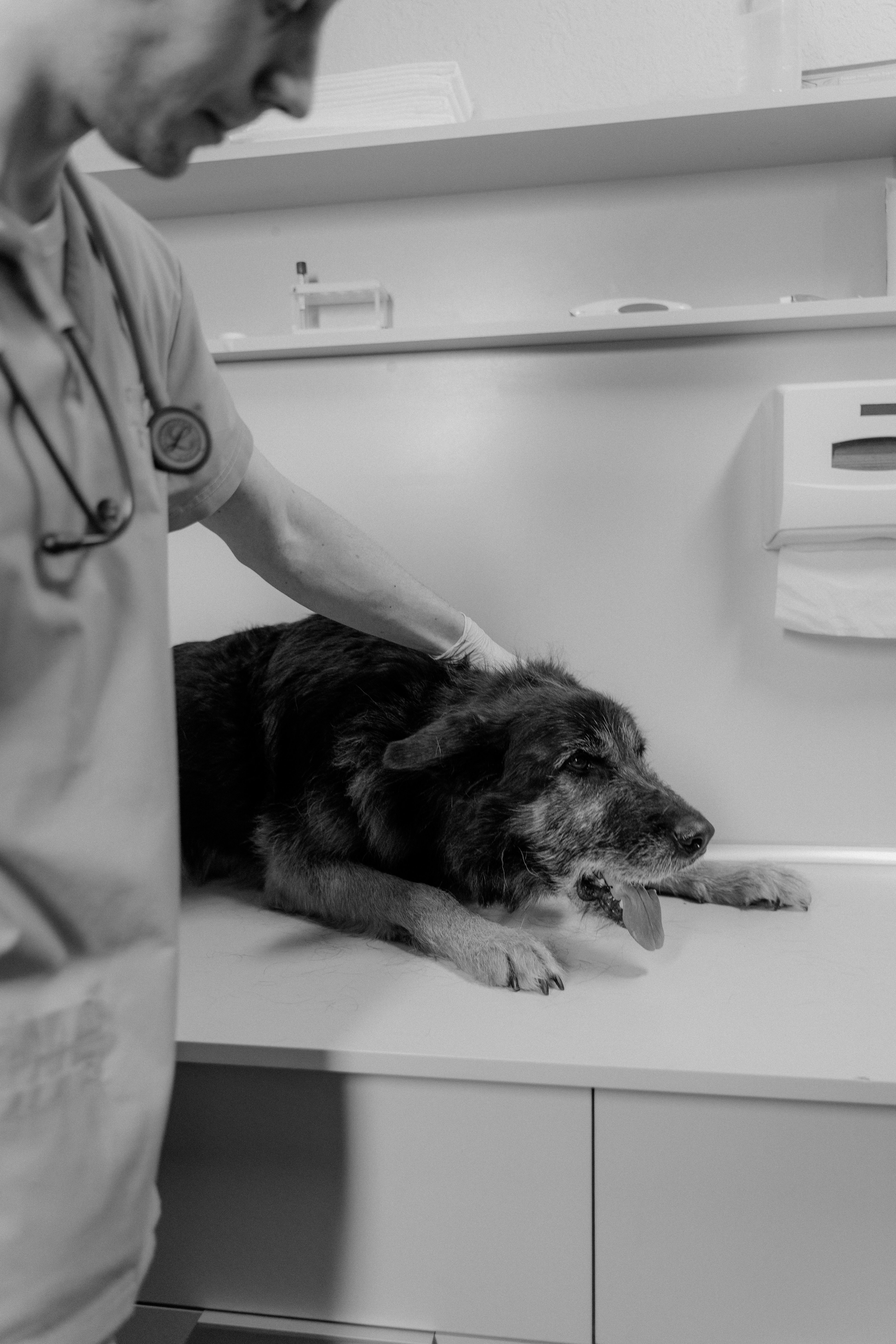
Long-term conditions after survival
Immune-complex reactions can cause renal damage over the long run and corneal clouding after the disease has been treated.
While chronic hepatitis cannot be healed but can be managed so that your dog lives a long, healthy life with few clinical indications, unlike acute hepatitis, which can sometimes be treated.

Preventive measures

The most popular and significant form of protection for contagious canine hepatitis is a vaccine that is required.
This immunization is often given to your dog at the same time as their canine distemper shots.
Puppies usually receive their first dose of the hepatitis vaccination between the ages of 7 and 9 weeks, followed by a second dose between the ages of 11 and 13 weeks, after which they become protected.
Your dog will require booster shots for the rest of its life to remain protected against this dangerous ailment – another one at 15 months, then every year to keep the infection away.
Preventive measures
The most popular and significant form of protection for contagious canine hepatitis is a vaccine that is required. This immunization is often given to your dog at the same time as their canine distemper shots.
Puppies usually receive their first dose of the hepatitis vaccination between the ages of 7 and 9 weeks, followed by a second dose between the ages of 11 and 13 weeks, after which they become protected.
Your dog will require booster shots for the rest of its life to remain protected against this dangerous ailment – another one at 15 months, then every year to keep the infection away.
Until one has loved an animal, a part of one’s soul remains unawakened.
Anatole France
Until one has loved an animal, a part of one’s soul remains unawakened.
Anatole France



